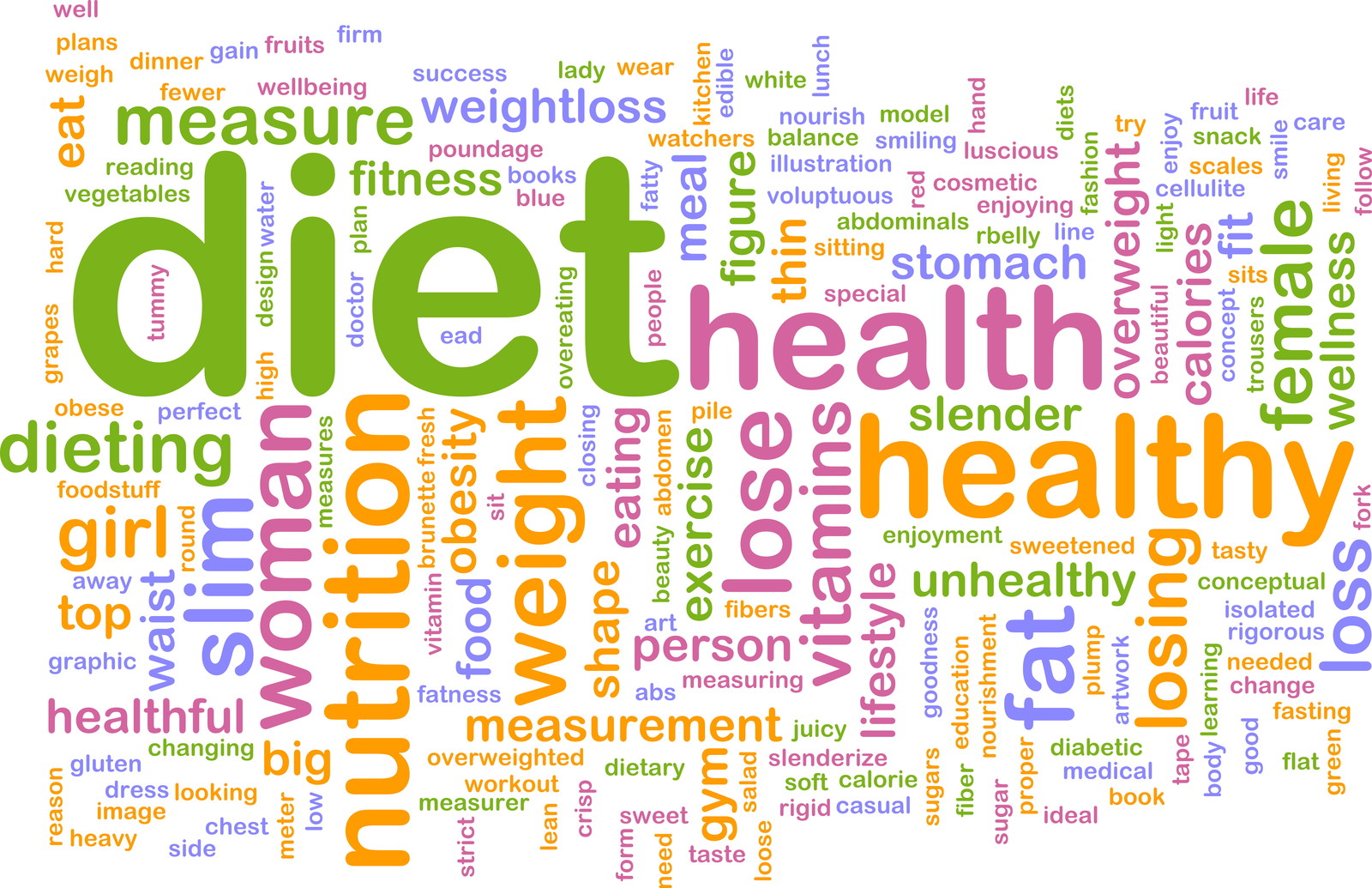[ad_1]
An 1800 calorie diabetic diet plan means consuming less than 1800 calories worth of food per day. This may be perfect for anyone who’s diabetic; it may be something between 1200 to 1800 calories. The diabetic diet varies from one person to another due to the individual calories required. By restricting calories, diabetics can regulate their cholesterol and blood sugar levels.
When you stick to an 1800 calorie diabetic diet meal plan, you’re not only controlling diabetes, but ensuring a healthy eating habit. This diet regulates the amount of carbohydrates, proteins and fat you eat. It’s low in calories and fat
In an 1800 calorie diabetic diet menu, fruits and vegetables are quite important, as they contain calories that can actually be utilized by the body, not those ineffective ones such as in junk food. Fruits which are recommended for this diet include fresh, canned, and frozen fruit juice or dried fruit. It’s important to remember though that 1 cup of pure fruit juice on daily basis is just enough.
Vegetables are an essential constituent in an 1800 calorie diabetic diet menu. 3 cups of dark green vegetable, starchy veggies and legumes are recommended at least once in a week as part of this diet menu. Orange vegetables such as carrots and pumpkins should not be left out, with a weekly intake of 2 cups. The remaining veggies should be consumed on a daily dose of 1 cup.
Grains such as barley, wheat, oats, cornmeal, rice, bread, pasta and cereals, should also be part of an 1800 calorie diabetic diet. 1 cup of grains a day would be enough. That would mean half-cup of pasta, 1 slice of bread or a cup of whole grains.
As for milk, meat and eggs, 1 egg or 1 ounce of well-cooked meat on daily basis would suffice. Meat should be cooked with as little oil as possible. A cup of skim milk per day is also recommended. The levels of butter, cream and cheeses should be minimized. Instead of a cup of milk, you can have sugar-free yogurt.
An 1800 calorie diabetic diet plan is built primarily out of your own diabetes. However, it’s possible to use standard diets to create your own diabetic meal plan. A diabetic diet is great and ideal for people fighting diabetes and you can obtain so much information from eBooks and guides. Finding delicious 1800 calories diabetic recipes which will relieve you from eating tasteless, dull diabetic meals is possible. Choose to stay healthy.
[ad_2]
Source by Olaniyan Taibat
